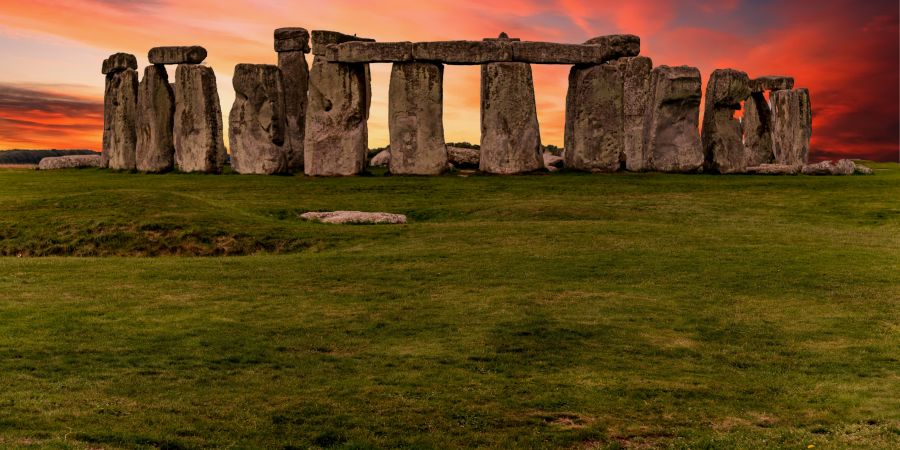

hat happened in front of us and what happened in the past? How did this happen? How did this happen? We are constantly asking such questions. This question just as they are at the individual level, they are also at the collective level. Exploring these kinds of questions, history is the social science that sets up the past in the form in which it happened. History is not just about digging. Not a nonsense story of the past. History is the search for the meaning of the present in the context of the past. Today's present today's state of our country, society, family. To understand this present in the context of yesterday's past is to search for history. Today's present is created from yesterday's past. History is the search for the present. If we want to understand today's independent India, we have to understand the history of the last one hundred and two hundred years. As we go back, we can trace the course of human beings four thousand years ago, eight hundred years ago, four thousand years ago. To know progress and decline from it is to find history.
History is the study of the past, the present, and the present. When we think of human society as a whole, we want to know how the overall course of human life has changed. The most effective factor in human life is studied to learn this trick. From that factor comes the assessment of the whole society. There are different opinions as to which is the effective factor. According to some historians, economics is the most important factor in human life, while others believe that ideology is the most important factor. Some experts see the past as important, while others see it as a political event. As a result, while studying the past course of human life, according to the saying 'the test of rice from the cold', the meaning of history has been explained in different words on the issue of what is the cold from which the test is to be done. Different historians have given different interpretations of history. Although these interpretations may seem different, they all have the same meaning. The definition of 'the whole course of human life is history' is now gaining ground. The way in which this journey can be studied is explained by some of the leading interpretations of history. In the words of the ancient Greek historian Herodotus, “History is the discovery of unforgettable and important events of the past.”
Arnold Toynbee, while explaining history, said, "History is the rise of cultures." Karl Marx paid special attention to the means of subsistence of the past, and interpreted history in terms of “history is only the saga of class struggle.” E. H. Carr says, "History is a never-ending dialogue between the present and the past" , while Lord Acton says, "The story of human liberation is history." The idea is that the search for culture, politics, economic struggles, or some important events can draw a picture of the whole society. It is important to note that the study of monarchies in general, and the emergence of monarchies, can be used to reflect the situation of the general public, which is at the root of all these interpretations.
















